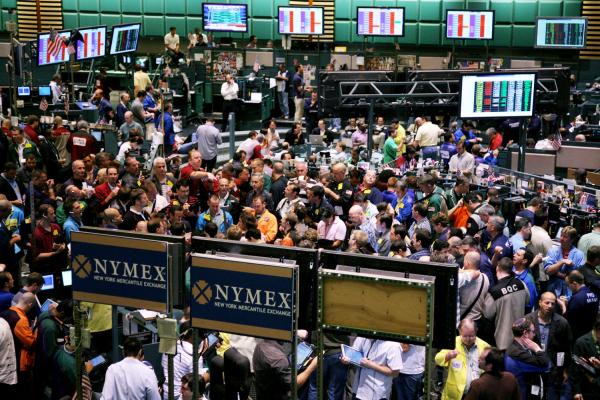
NEW YORK, April 12 —Anticipation over a weekend meeting in Doha on a possible oil production freeze overshadowed a subdued IMF report, giving oil prices a lift early Tuesday.
Russian Energy Minister Alexander Novak said he was “optimistic” that major producers gathering for a weekend meeting in Doha would hold output steady in an effort to stimulate a depressed oil economy. Looking forward, Novak said the price of crude oil could move about $60 per barrel by next year, which would mark a 40 percent increase from current levels.
Crude oil prices are well below the 2014 peaks above $100 per barrel as global economic growth is not strong enough to take up the extra supply coming from producers like Russia, Saudi Arabia and the United States. Iran, meanwhile, is working to regain a market share lost to economic sanctions.
Igor Sechin, a close ally of Russian President Vladimir Putin and head of oil company Rosneft, said cheap oil suggests “the oversupply will be overcome in two years.”
Crude oil prices have moved higher since Friday, when Kuwait expressed support for the planned meetings in Doha.
In the minutes leading up to the opening bell in New York, the price for Brent crude oil was up 1.3 percent to $43.39 per barrel. The price for West Texas Intermediate, the U.S. benchmark price for oil, was up 0.5 percent to $40.56 per barrel.
Both indices started moving lower, however, after the International Monetary Fund published a report warning the global economy was growing “too slow for too long.” That mirrored sentiments expressed last week by IMF Managing Director Christine Lagarde, who said in a speech from Germany the risks to global economy recovery were increasing.
The IMF said in a world economic review the baseline forecast for growth this year was a “modest” 3.2 percent, a forecast that’s 0.2 percent below its last outline in January. Any growth, the IMF said, will be fluid and varied along emerging economies and developed economies like China, which is experienced an economic realignment.
“The recovery is projected to strengthen in 2017 and beyond, driven primarily by emerging market and developing economies, as conditions in stressed economies start gradually to normalize,” the IMF’s report said. “But uncertainty has increased, and risks of weaker growth scenarios are becoming more tangible.”
[Source:- UPI]




